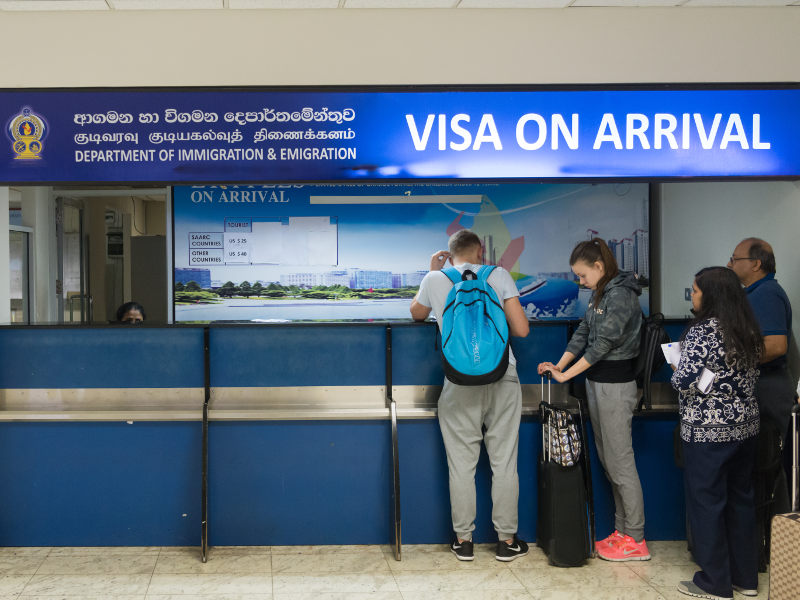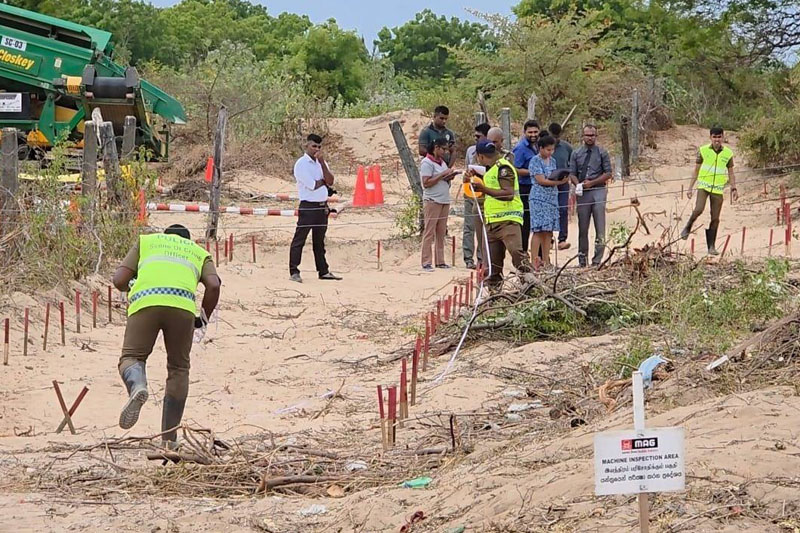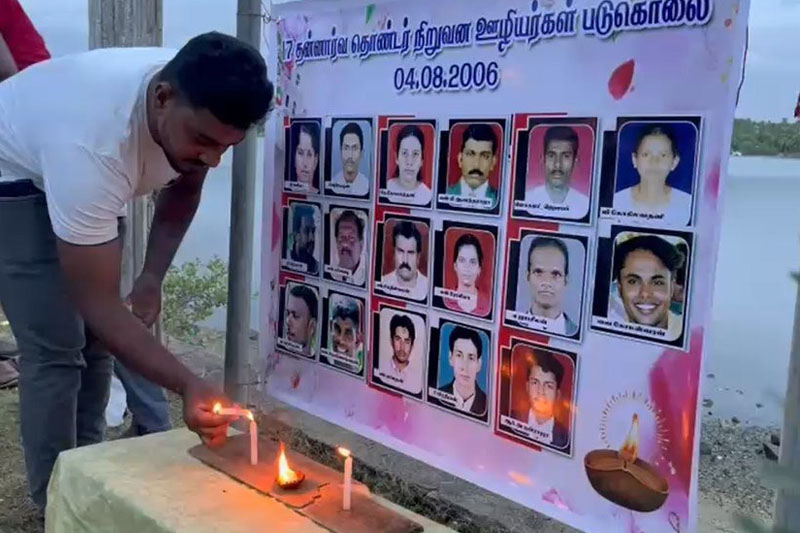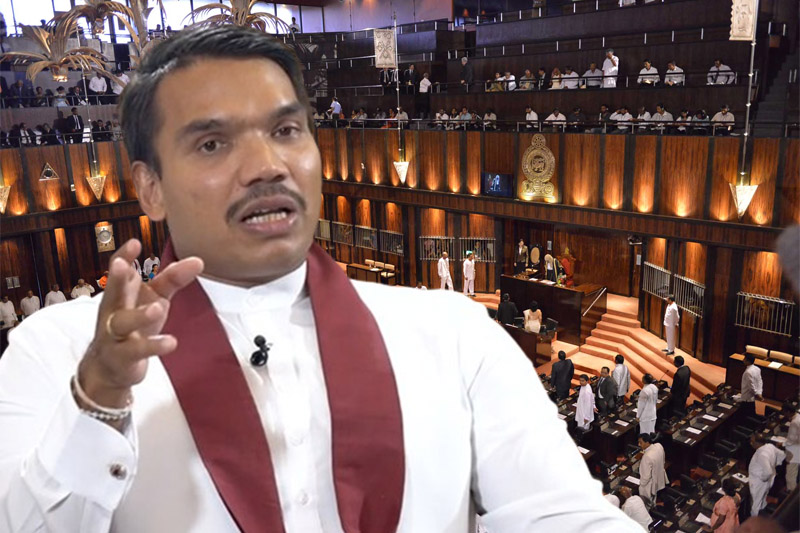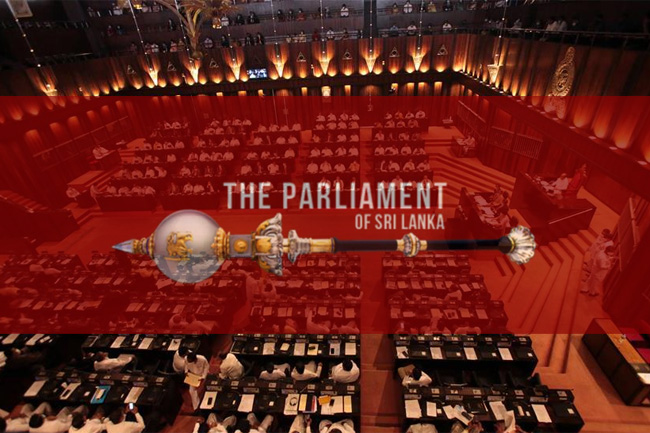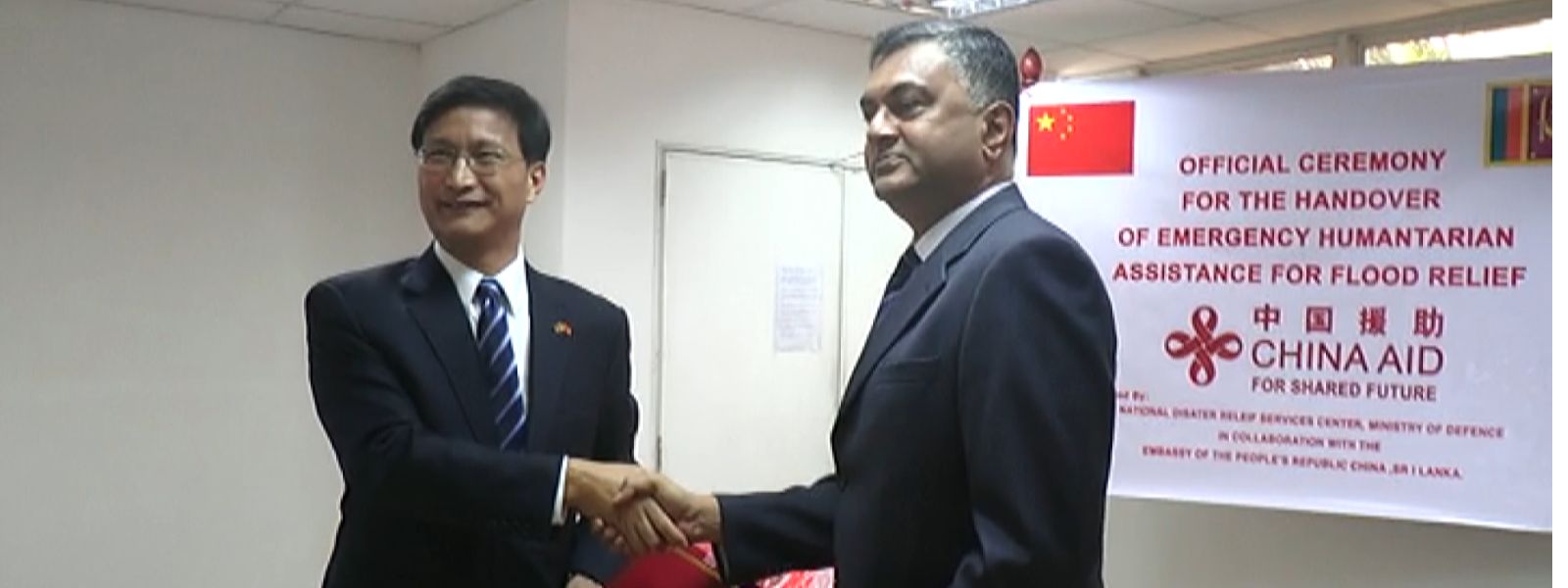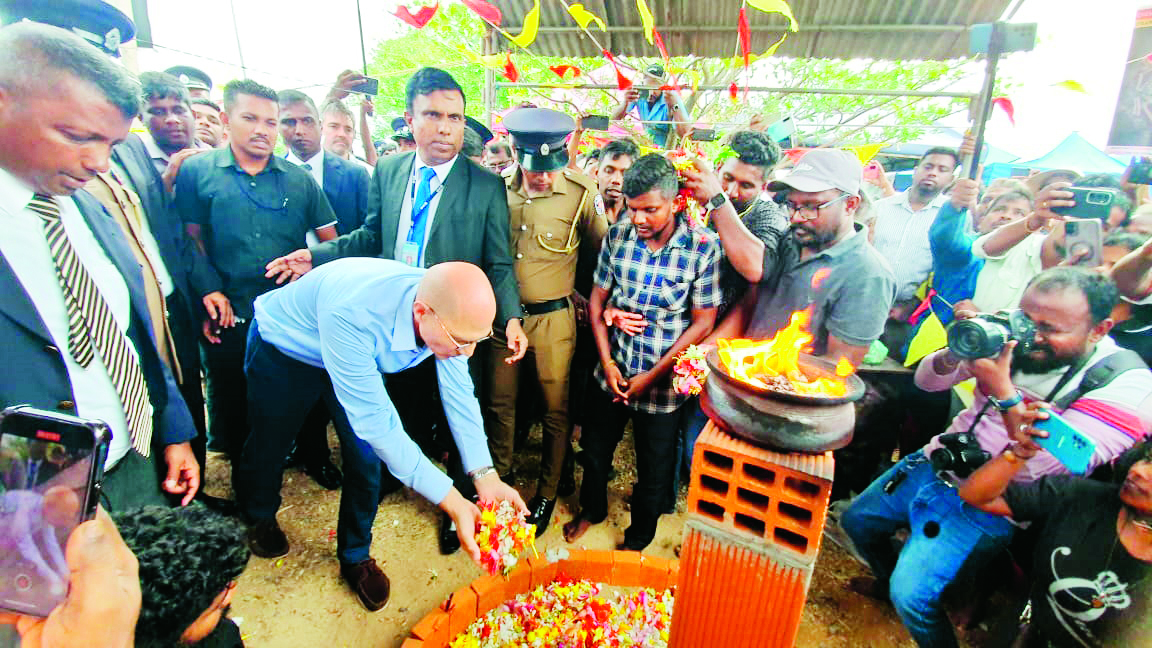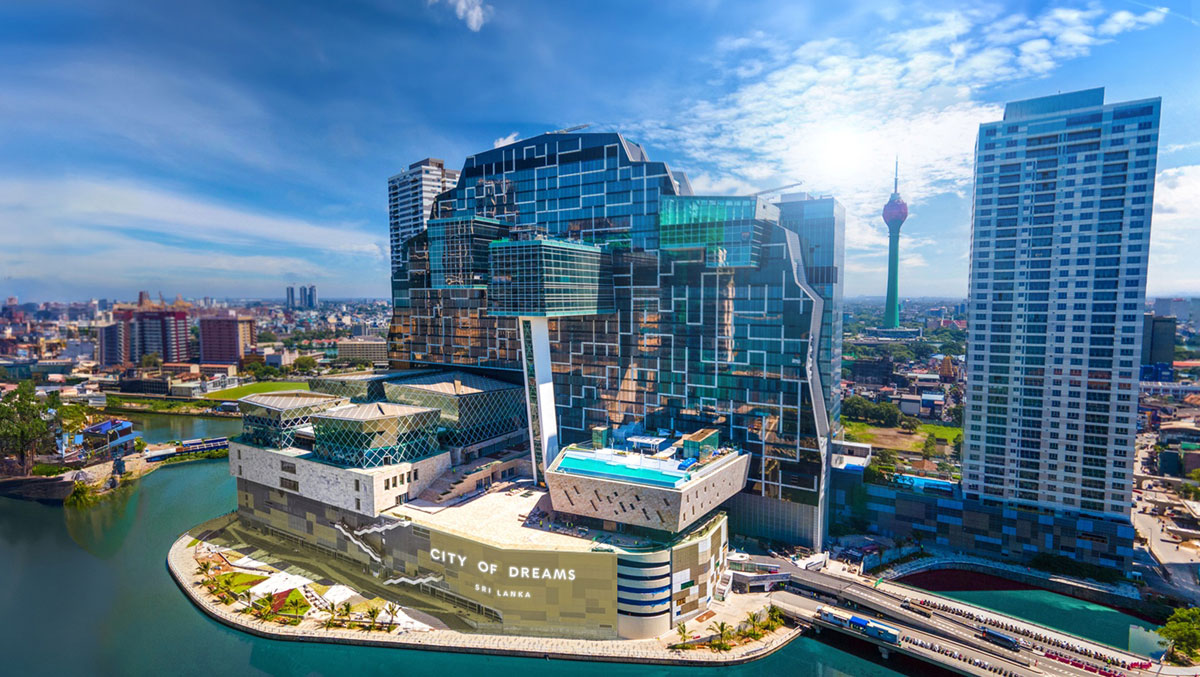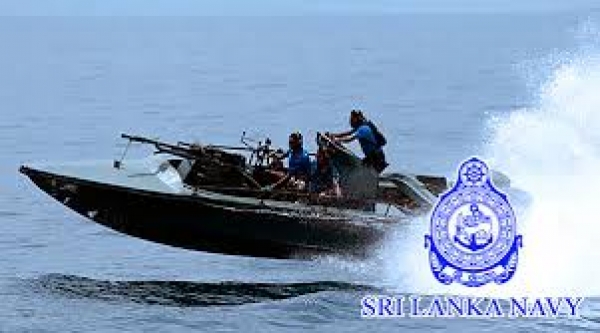In the wake of Sri Lanka waiving visa fees for nationals from 40 more countries, many other countries have sought the same facility for their nationals coming here as tourists, Daily Mirror learns.
Previously, Sri Lanka had granted the facility to seven countries.
The government has now taken a policy decision to add 40 countries to the list. The decision is currently pending with the Attorney General for clearance. The new visa regulation, upon approval by the Attorney General, will be endorsed by Parliament, giving legal effect to the decision.
It is expected to be effective by the end of this month. Once it is in effect, people from these countries can apply online for a free visa to travel to Sri Lanka as tourists.
Meanwhile, Daily Mirror learns that many other countries have inquired about the possibility of this facility being extended to their citizens. Initially, Sri Lanka has prioritised the countries which are its key source markets.
Asked about the addition of more countries to the list, Chairman of Sri Lanka Tourism Development Authority Buddhika Hewawasam said that it would be considered upon the success of the implementation of the current decision.
Advocata Institute, a leading think tank based in Colombo, emphasised earlier the importance of long-term liberalisation and consistent visa policies to unlock the full economic potential of the tourism sector.
In a press release, it outlines several key policy recommendations—including restoring visa-on-arrival access, easing travel for vetted international visitors, and introducing long-term renewable visas aimed at attracting high-value tourists and remote workers.
Sri Lanka is currently aiming for three million tourist arrivals and USD 5 billion in revenue. Advocata believes that open, clear, and consistent visa policies—combined with a welcoming environment, investment-friendly regulation, and high-value targeting—will be essential to achieving that goal.
“This is a step in the right direction,” said Dhananath Fernando, CEO of Advocata Institute.
“Tourism is one of the few sectors in Sri Lanka with immediate job-creating potential and strong multiplier effects across the economy. Reducing barriers to entry, even something as simple as waiving a fee, can go a long way in making Sri Lanka more attractive as a destination.”
The Institute emphasised that this should not be a one-off gesture, but the start of a broader liberalisation agenda. Advocata calls for Sri Lanka to work toward reverting to at least its pre-2012 visa regime, under which 84 countries were eligible for visas on arrival, without needing to apply for electronic travel authorisation (ETA) in advance. This system was more consistent, easier for travellers, and better aligned with international best practices.
Advocata recommends that Sri Lanka introduce visa-on-arrival access for travellers who hold valid multiple-entry visas to high-screening countries, such as the United States, the European Union, the United Kingdom, or Australia.


